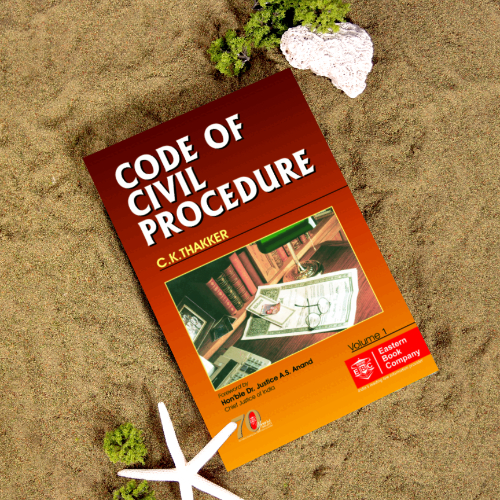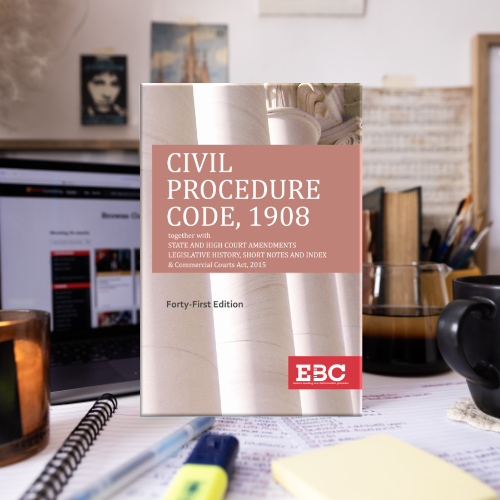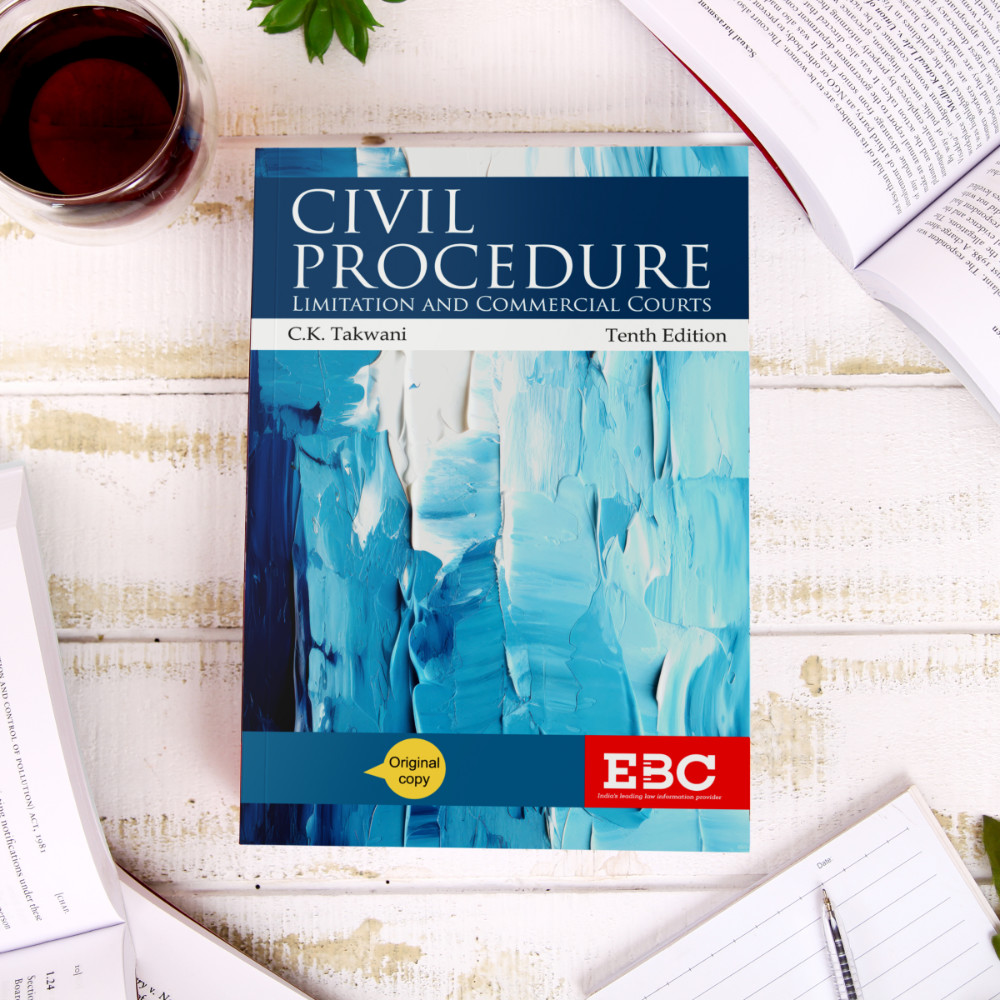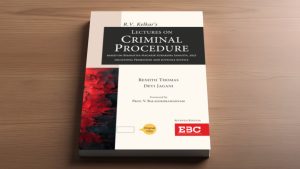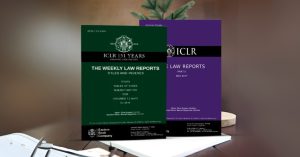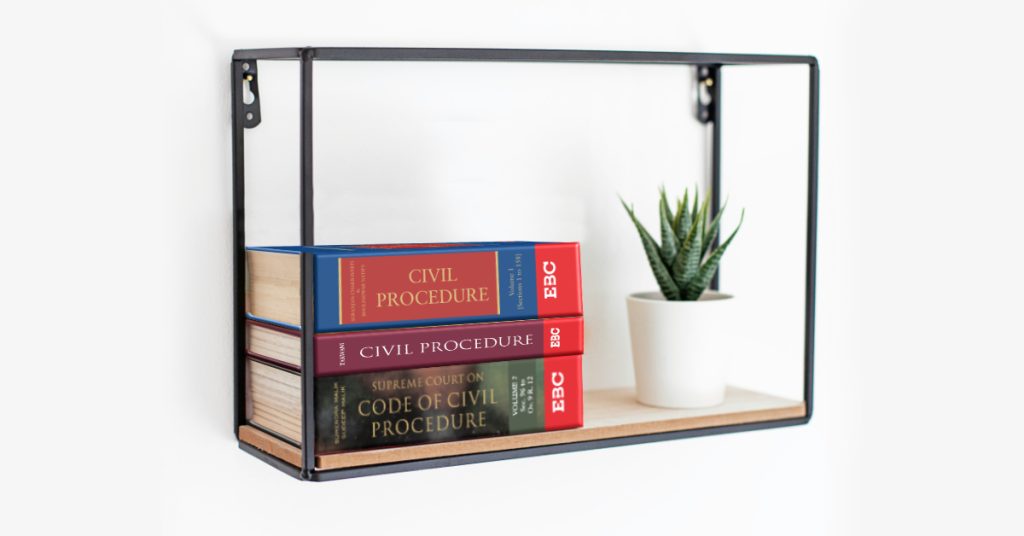
Civil law governs our everyday rights and responsibilities, and these books make it easier to grasp. Dive in and discover the must-reads for every curious legal mind.
1. C.K. Thakkar’s Civil Procedure Code, 1908 (in 6 volumes)
Justice Thakker’s Code of Civil Procedure is a monumental and widely acclaimed work, offering a clear, authoritative analysis of the CPC. This comprehensive edition covers the major changes introduced by the Amendment Acts of 1999 and 2002 and includes in-depth discussion of key judgments from the Supreme Court, High Courts, and English courts.
The six-volume set spans Sections 1 to 158 and Orders 1 to 37, with a separate Supplement Volume bringing updates till February 2014. Enriched by insights from leading jurists, this edition remains an essential reference for judges, lawyers, scholars, and students of law.
2. Civil Procedure Code, 1908
The Civil Procedure Code, 1908 is India’s primary statute governing civil proceedings. This EBC edition includes all State and High Court amendments. It also features legislative history, short notes, a detailed index, and the Commercial Courts Act, 2015. The book covers the entire Code—from Section 1 to Section 158, and Orders I to LI—offering a complete and structured layout.
It traces the evolution of civil procedure in India, from the earlier Codes of 1859 and 1882 to the present 1908 enactment. Importantly, the Commercial Courts Act, 2015 has been included to reflect its impact on civil procedure in commercial disputes. Where applicable, its provisions override conflicting rules under the CPC or State amendments.
3. C.K. Takwani’s Civil Procedure (CPC)
C.K. Takwani’s Civil Procedure (CPC) offers a clear and structured exploration of civil procedure and limitation law in India. Presented in a logical sequence, it simplifies complex legal principles through topic-wise discussions, supported by academic references and key judicial decisions. The latest edition includes important legislative updates and case law from the Supreme Court and High Courts. It provides deeper insights into jurisdiction, pleadings, discovery, and trial. The chapter on Commercial Courts has been expanded, and a new section on the Mediation Act, 2023 has been added.
Additionally, it explains the relationship between substantive and procedural law, helping readers understand how procedure shapes legal outcomes. It also discusses emerging trends such as digitization of court processes and online dispute resolution (ODR). Known for its clarity, practical relevance, and scholarly depth, the book remains a trusted resource for students, young advocates, and legal professionals across India.
4. Suranjan Chakraverti and Bholeshwar Nath’s Cases and Materials on Civil Procedure
by Justice M L Singhal
Suranjan Chakraverti and Bholeshwar Nath’s Cases and Materials on Civil Procedure continues to stand as an authoritative and enduring reference on the subject. First published in 1971, this classic work has maintained its reputation for over five decades and remains one of the most trusted resources in civil procedure law.
Now in its sixth edition, the book has been updated with a fresh double-column layout, significantly enhancing readability and ease of reference. Since the last edition, a substantial body of case law has developed. Accordingly, this edition incorporates all relevant decisions of the Supreme Court and High Courts up to the finalisation date, alongside updated statutory provisions and State Amendments.
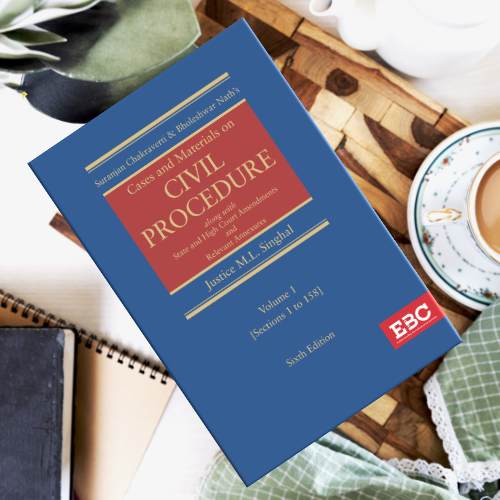
5. Supreme Court on Code of Civil Procedure (1950 to 2018) (in 3 Volumes)
This systematic, analytical, and comprehensive three-volume digest provides an exhaustive compilation of Supreme Court case law on the Civil Procedure Code from 1950 to 2018. Over the years, the Supreme Court has shaped almost every crucial aspect of civil litigation under the CPC, often reorganising and redefining High Court jurisprudence. As a result, having a reliable and detailed source of these rulings has become essential for legal professionals.
The digest is structured across three volumes: Volume 1 covers Sections 1 to 95, Volume 2 spans Section 96 to Order 9 Rule 12, and Volume 3 continues from Order 9 Rule 13 to the end. Designed for both independent use and as a companion to leading CPC commentaries, the work features well-organised synopses, insightful editorial notes, and useful annotations.









